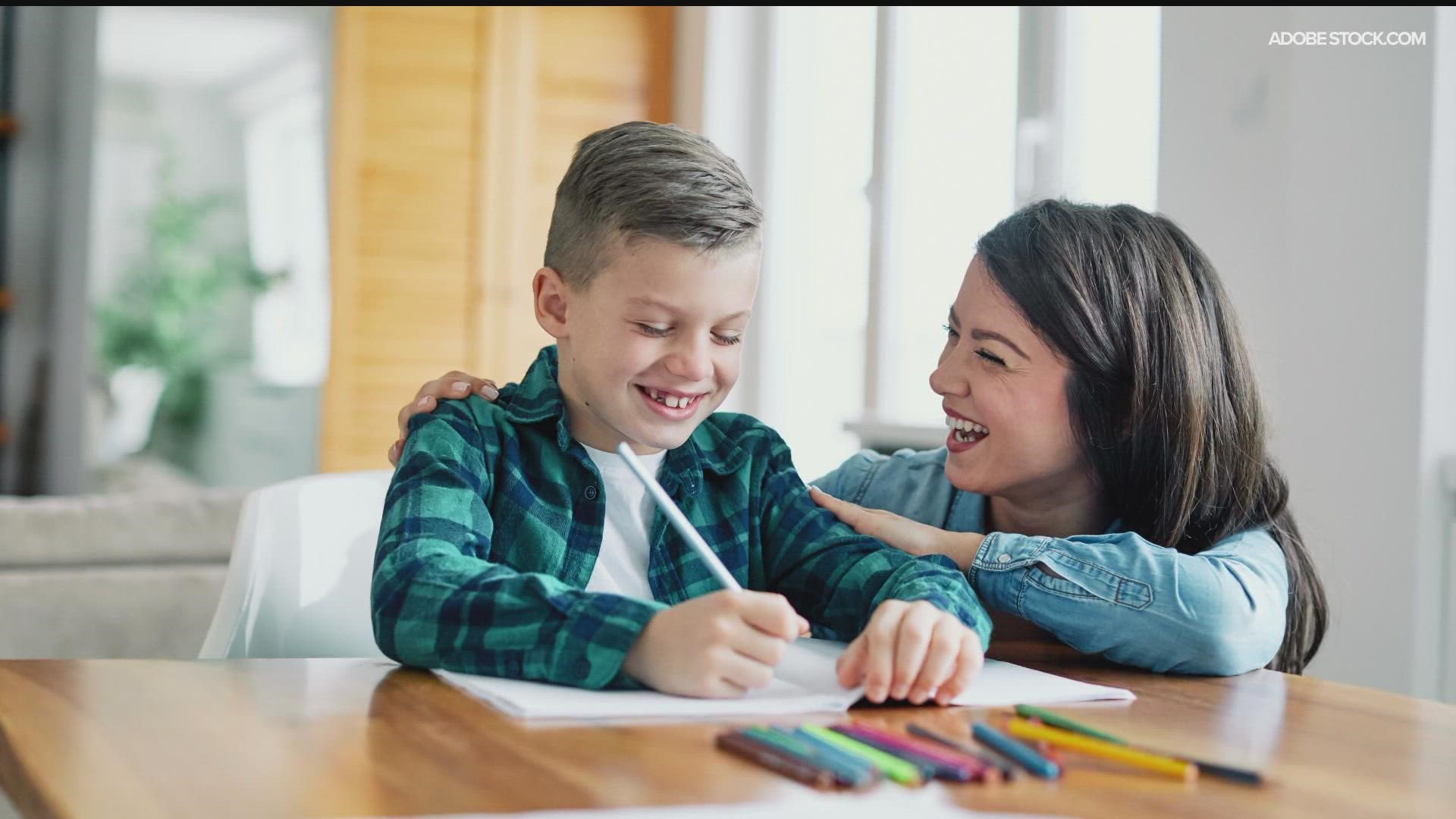MINNEAPOLIS — Math. It’s a subject many kids shy away from, especially after a couple of months of summer vacation. But with school creeping up it’s time to help them recover from the math brain drain and help parents get them back on track for class.
Laura Overdeck wants to awaken parents to a math education crisis. Right now, she says kids nationwide are about five months behind in their math skills, which is more than half a grade level.
Part of that problem is curriculum. A lot of math is understanding that it's a part of everyday life, something Overdeck doesn’t believe the school system makes clear. “I blame the curricula in school for this, a lot of times it’s really dry and doesn’t seem very relevant,” she said.
Another part of that problem is parents, and they may not even know they’re contributing to it. Overdeck says a third of adults in America are not comfortable with 4th grade math. “When you survey parents, 80% of them think their kid is on track. And that’s a huge awareness gap.”
Laura’s aim is to get parents to determine their children’s math level through casual conversations that are really letting them see whether a child can do math. It’s all about weaving a question into every day chit-chat. “So, for example you know Grandma is 68 years old – when was she born? You know kids like to wrestle with that, but you’re getting to see if they can do four digit subtraction.”
A great tip when it comes to math - regular practice. Don’t take too many days off during the summer and don’t try to do too much in one day. Get a friend to practice along with you so that you can hold each other accountable.
A quick tip for parents is to talk with teachers. Parents should never feel bad or intimidated reaching out to the teacher.
One way to help your child is to ask about curriculum, another is to ask how to handle homework.
And when helping your child with homework, let them figure out the answer, even if they get it wrong the first time around. Overdeck says get them to explain their thinking and talk them through the problem.
“Instead of saying, 'Hmm that’s not right,' you say 'How did you get that?' Because if it’s just a case of the child not knowing they’re right, once they start explaining how they got it – they’ll find their own mistakes.”
If you are looking for more resources for your children or want help understanding where your child’s math level is, check out Laura’s website here and follow Be Part of the Equation on Twitter.
Watch more KARE11 Sunrise:
Watch the latest coverage from the KARE11 Sunrise in our YouTube playlist:

